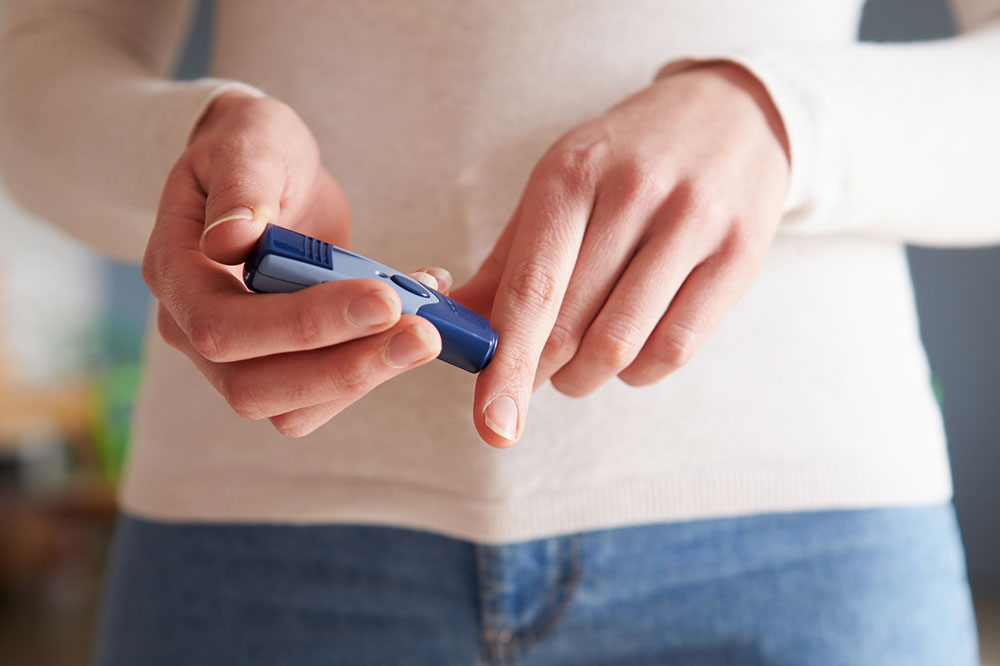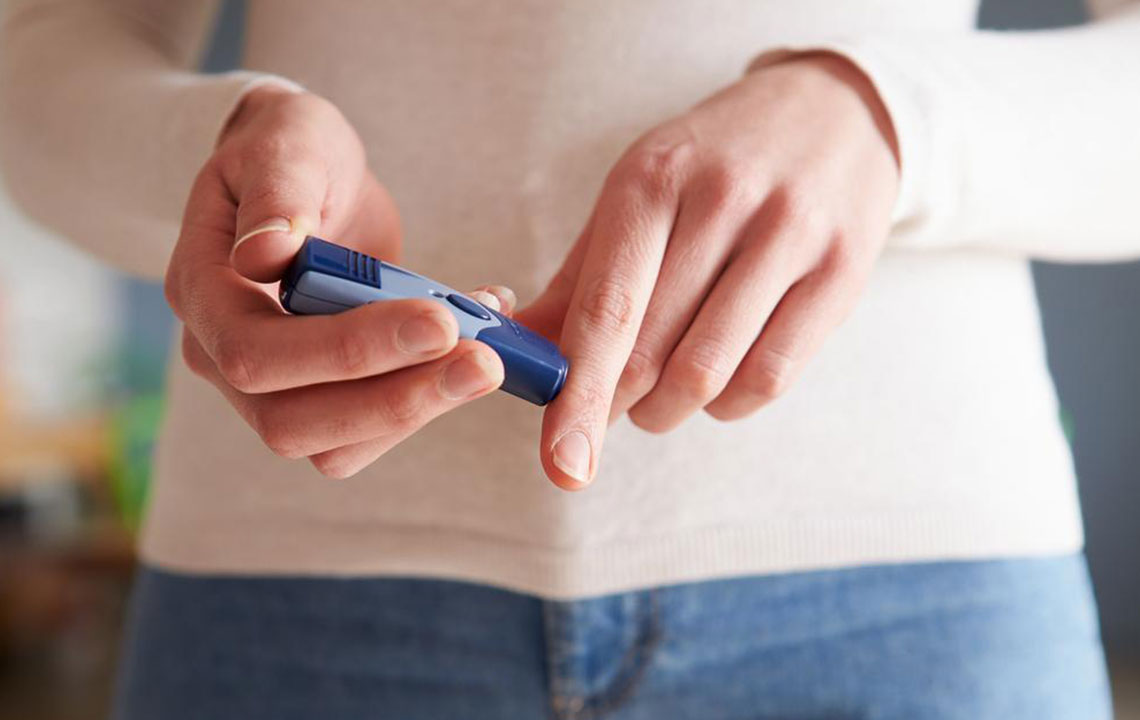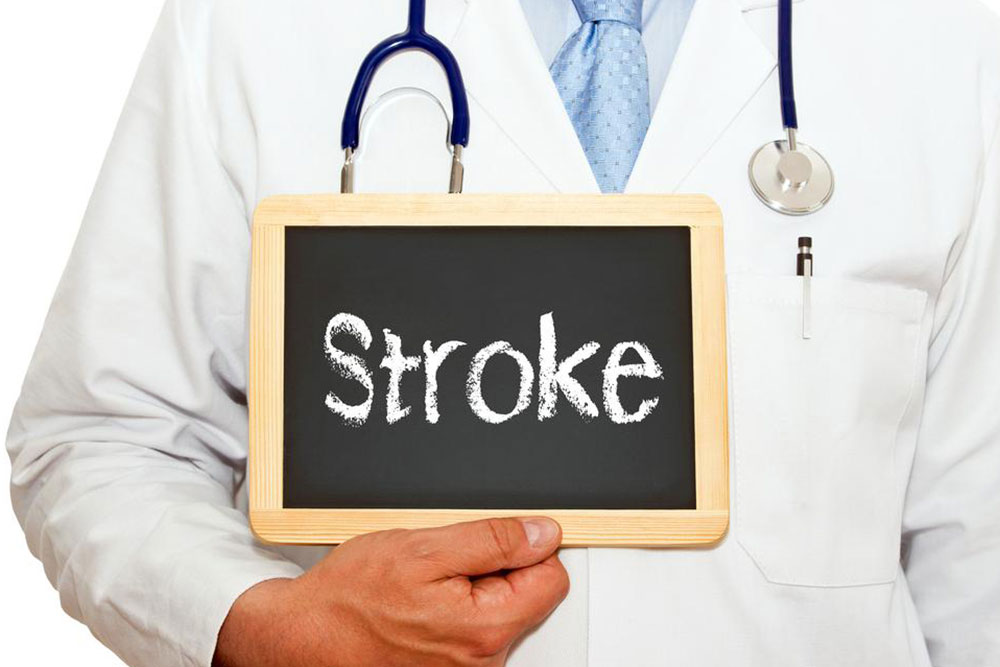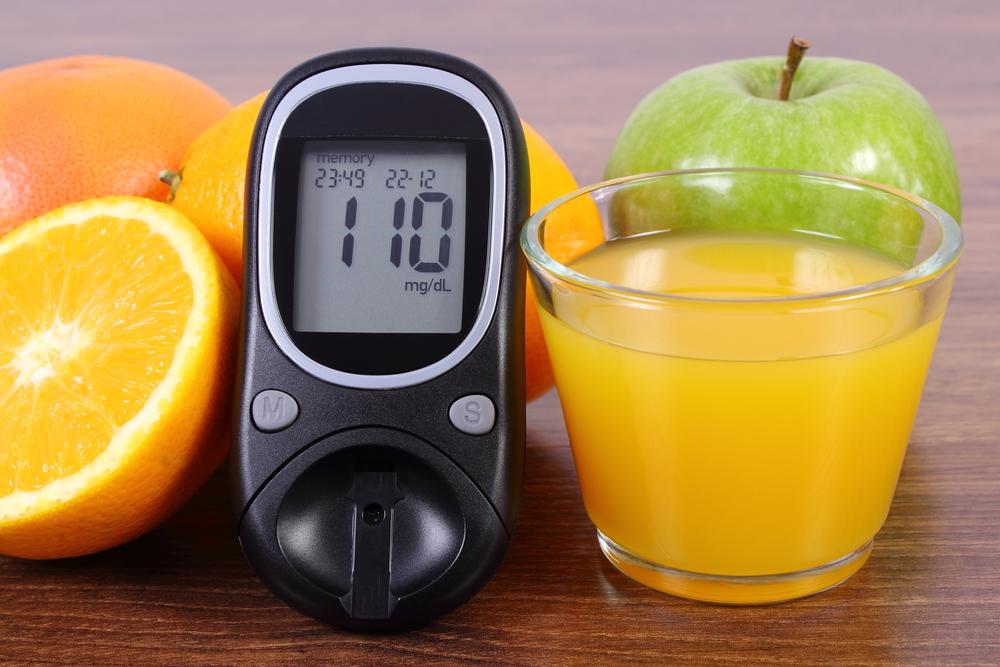Understanding Hypoglycemia: Causes and Recognizable Signs
This article explains the causes and symptoms of hypoglycemia, emphasizing the importance of early detection for effective management. It highlights key signs such as blurred vision, hunger, shakiness, and confusion, along with underlying causes including medication misuse, dietary habits, and health conditions. Proper awareness aids in timely intervention, ensuring better health outcomes. Consulting healthcare professionals and understanding risk factors are essential steps in controlling low blood sugar episodes and maintaining overall well-being.

Understanding Hypoglycemia: Causes and Recognizable Signs
Maintaining balanced blood glucose levels is vital for overall health. People with diabetes on medication or insulin therapy are more prone to hypoglycemia, which occurs when blood sugar drops too low. The pancreas produces insulin to help digest glucose for energy; abnormal insulin levels or excessive glucose intake stored as fat can disrupt this balance. Healthy glucose metabolism allows stored energy in muscles and liver to support daily activities.
Key symptoms of low blood sugar include:
Blurred vision: A common indicator where vision becomes hazy, and consciousness may feel compromised.
Paleness: The skin may appear unusually pale, signaling a warning sign requiring medical attention.
Anxiety and nervousness: Feelings of restlessness, emotional shifts, and nervous energy are typical.
Persistent hunger: A continuous craving for food due to the body's need for glucose.
Shaking: Severe trembling caused by nervous system responses to falling blood sugar.
Sleep disturbances: Difficulties falling asleep, nightmares, or sleepwalking can indicate hypoglycemia.
Excessive sweating: Sudden, unexplained sweating from autonomic nervous system activation.
Skin tingling: Sensations of numbness or prickling, needing medical consultation to restore normalcy.
Slurred speech: Difficulty in speaking clearly, resembling intoxication but caused by glucose deficiency.
Confusion: Wandering thoughts and concentration issues, which can be dangerous if untreated.
Understanding these symptoms is essential for early intervention. Hypoglycemia often results from diabetes medications or insulin misuse, so consulting a healthcare professional for proper management is critical. Treatments like glucagon injections help restore normal blood sugar levels, enabling a safer, healthier lifestyle. Recognizing causes such as missed meals, late eating, excessive physical activity, or alcohol use can help prevent episodes. Underlying conditions like insulin-producing tumors or liver and kidney disorders can also contribute to low blood sugar, warranting medical oversight.
Note: Our content provides helpful health information, but it should not replace professional medical advice. Always consult a healthcare provider for diagnosis and treatment. The information presented aims to educate and promote awareness about hypoglycemia prevention and management.










